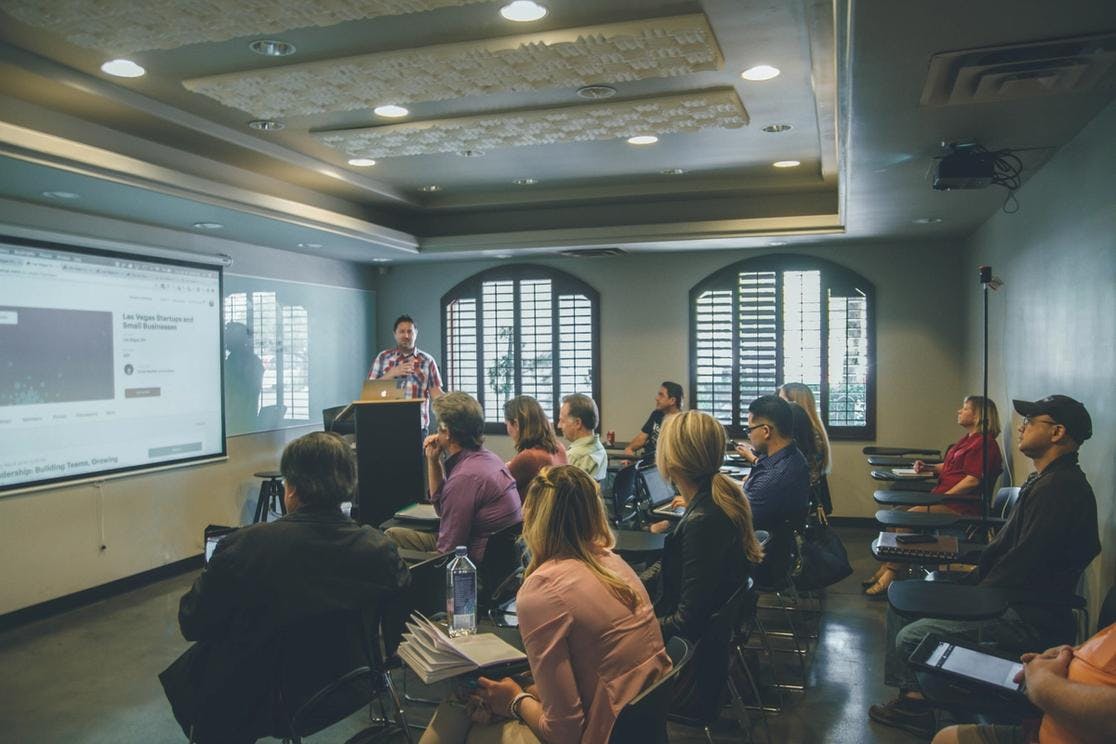Athletes & Athletic Programs
Lowering the Impact of Trauma
What Our Students are Facing:
- Recreational and competitive sports can prevent hopelessness, depression, and suicide in adolescents
- Exposure to interpersonal violence can counterbalance these protective effects
- The number of student athletes reporting mental health concerns is 1.5 to two times higher now than before the COVID-19 pandemic
- Mental health concerns are highest among demographic subgroups commonly displaying higher rates of mental distress (e.g., women, student athletes of color, those identifying on the queer spectrum and those reporting family economic hardship)

There’s been a surge in mental health issues as well as an increase in the number of students entering college with pre-existing mental health conditions. These factors—paired with the stress of academic and competitive responsibilities as well as social pressures—contribute to dangerous and unpredictable situations.
Addressing trauma and mental health on college campuses is no longer an option: it is a requirement. When it comes to the safety and future of our students, our faculty, and our campuses, waiting is not a solution.
- Student athletes and participants in student athletic programs are uniquely vulnerable to a variety of threats and traumas
- A cohesive and collaborative student threat and trauma platform can make teams and athletes more effective and focused
- Mental health is a concern for coaches and other participants in school sporting activities
OUTREACH: PRACTITIONER TOOLS
As a CTIP practitioner, we also empower you with our additional Trends and Critical Periods tools, which seamlessly connect to the Outreach platform. With Trends, you gain real-time access to actionable surveys featuring commentary from users and trained persons detailing what they are seeing in their communities from a threat, risk, and trauma standpoint. With Critical Periods, you gain a dynamic view of prior major incidents that may be influencing what you are currently seeing on campus, giving you the ability to better prepare and take swift action.
OUTREACH: REFERRAL & REPORTING
Utilize CTIP’s referrals and reporting feature to better identify and prevent threats while expanding access to frontline personnel. Putting referred concerns into a workflow for campus safety teams to help assess and prevent traumatic events. Additionally, Outreach can integrate into existing anonymous tips systems that can be connected into the Outreach referral workflow.
Plan. Prepare. Prevent.
The world evolves and so does CTIP. Since the beginning, we’ve built a name on evidence-based, field-proven training that makes a measurable difference. As such, we deliver a variety of training sessions that focus on today’s most relevant issues, communities, and audiences. Following our proven methodology honed through 20+ years of experience, our staff work hand-in-hand with your team to develop actionable plans that actually work.

CTIP TRAINING OVERVIEW
Our in-person training sessions are built on CTIP’s behavioral assessment framework, fostering rapid communication between teams at all levels to quickly assess threat levels and determine appropriate actions. Paired with our library of online resources, our training helps colleges and universities implement and sustain behavioral assessment best practices in their communities.
- 20+ years of experience
- Evidence-based and field-proven approach
- Continually evolve to address timely issues
- In-person training plus online resources for versatility and greatest possible impact
CTIP trainings are the foundational framework of the organization: they are dynamic one-to-three day sessions—in person or online—that combine real-world experience, theory, case studies, and learner interaction. Bringing together multi-disciplinary teams in trainings is key to increasing skills, collaboration, and knowledge. CTIP training will allow for ongoing growth, creating a more prepared and robust team and partner network.
Schedule a Call Today
Learn how CTIP is helping Post-Secondary organizations across North America to intervene, prevent, & respond to trauma.
Our team is your advantage
When you work with CTIP, you don’t just get a team: you get a true partner. Prioritizing your success above all, we proudly support colleges and universities in a variety of hands-on ways, including crisis recognition and instruction, high-profile case consulting, community engagement and support assistance, and effective and compassionate policy development.
COMPLEX CASE CONSULTS
Trauma-driven events are unpredictable, and can often take on a life of their own, leading to misinformation and undesired press coverage. When this takes place, it’s critical to consult an expert. We have assisted in hundreds of cases (both prior to incidents and in the aftermath of a traumatic community event) and understand the necessary actions to take to ensure a resolution is reached swiftly and safely.
POLICY CREATING & REVIEW
CTIP holds extensive expertise in building interconnected roadmaps, interagency collaborations, and cross-sectional partnerships as part of structures and policies. Our key protocols with concrete action items establish an intuitive roadmap that is essential in times of crisis, and can provide a shield for colleges and universities that find themselves under scrutiny.
COMMUNITY ENGAGEMENT & SUPPORT
College isn’t just about life on campus: it’s about the communities that surround it. Our team can work with you to create a structured and compassionate culture of safety that includes everyone involved in the education and success of your students.
WAITING IS NOT A SOLUTION
Empower your staff to intervene, prevent, and respond to trauma through CTIP technology, training, and support.

- 70,000+ trained professionals
- 4,000+ training sessions completed since 1999
- 1,000+ communities using our methodologies

Contact our team if you would like to discuss how CTIP can assist your organization


